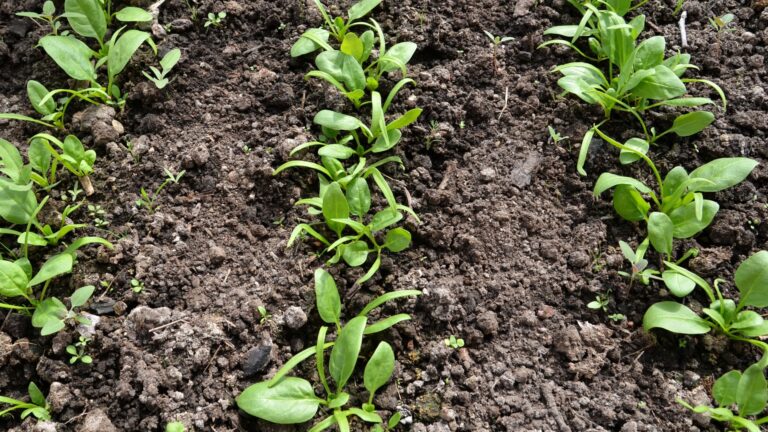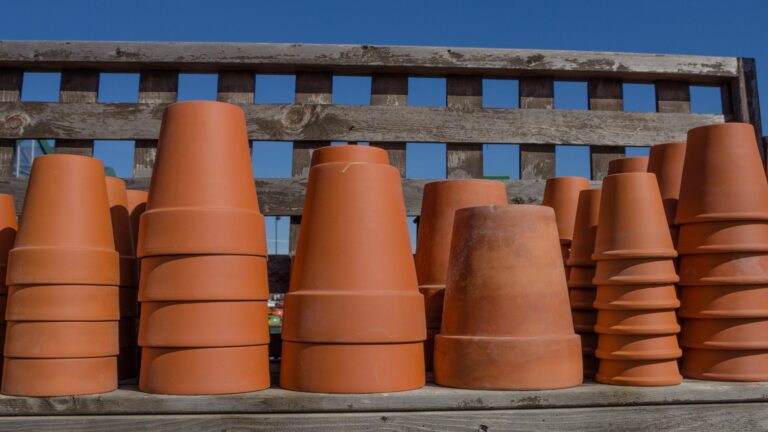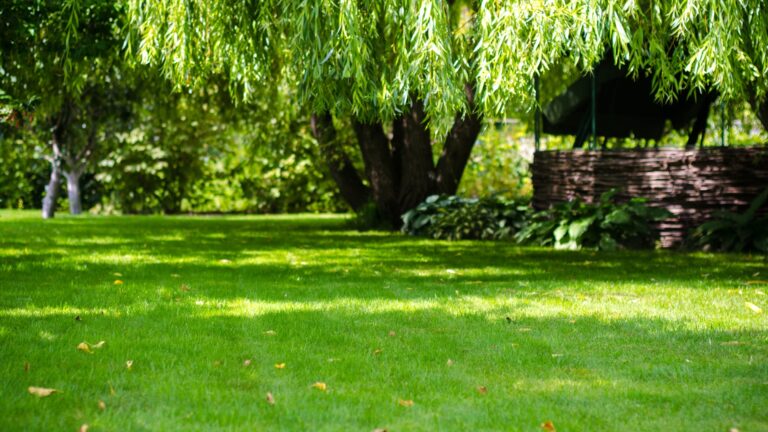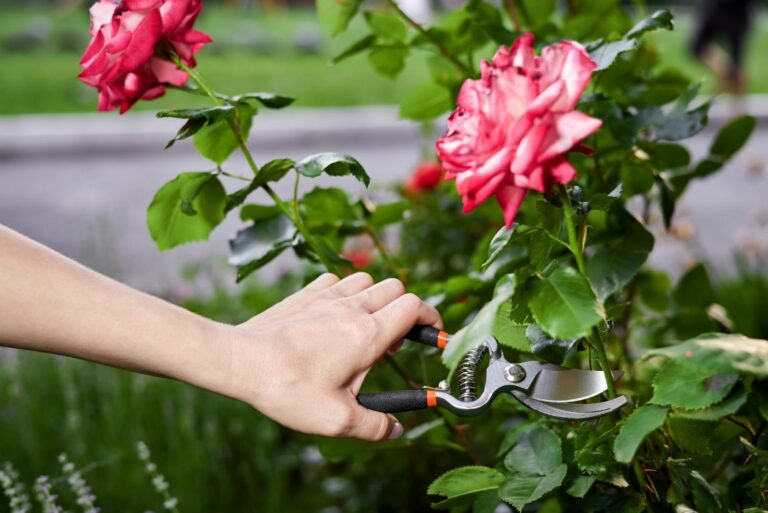8 Smart Ways Tennessee Gardeners Preserve Their Garden Harvest For Winter
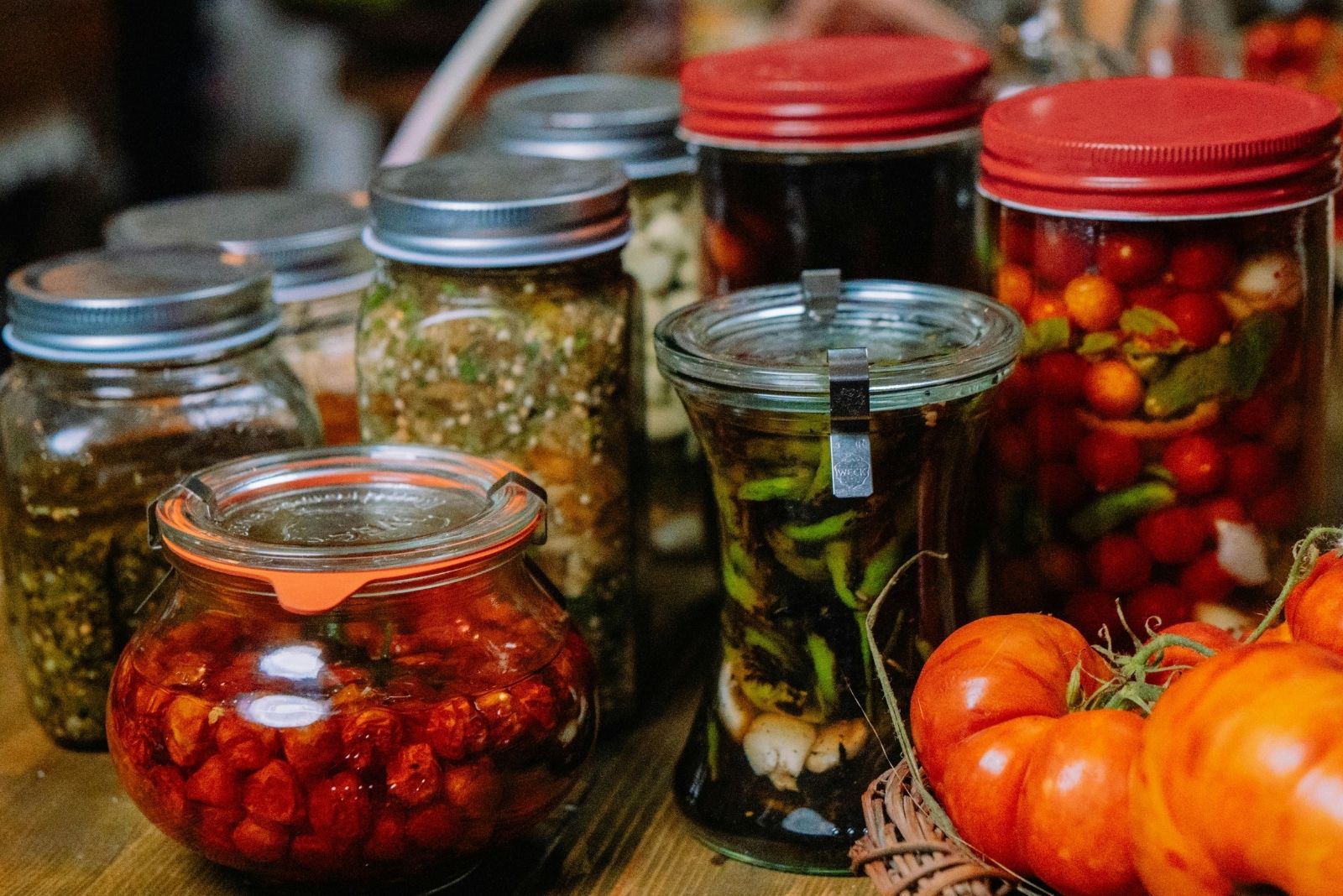
Tennessee gardeners know the joy of a bountiful summer harvest, but when fall turns to winter, all that hard work can go to waste without proper preservation. In my Tennessee garden, I’ve learned that preserving the harvest is just as rewarding as growing it.
With the right techniques, you can enjoy homegrown flavors all winter long, even when your garden beds rest under frost.
1. Air Drying Herbs And Flowers
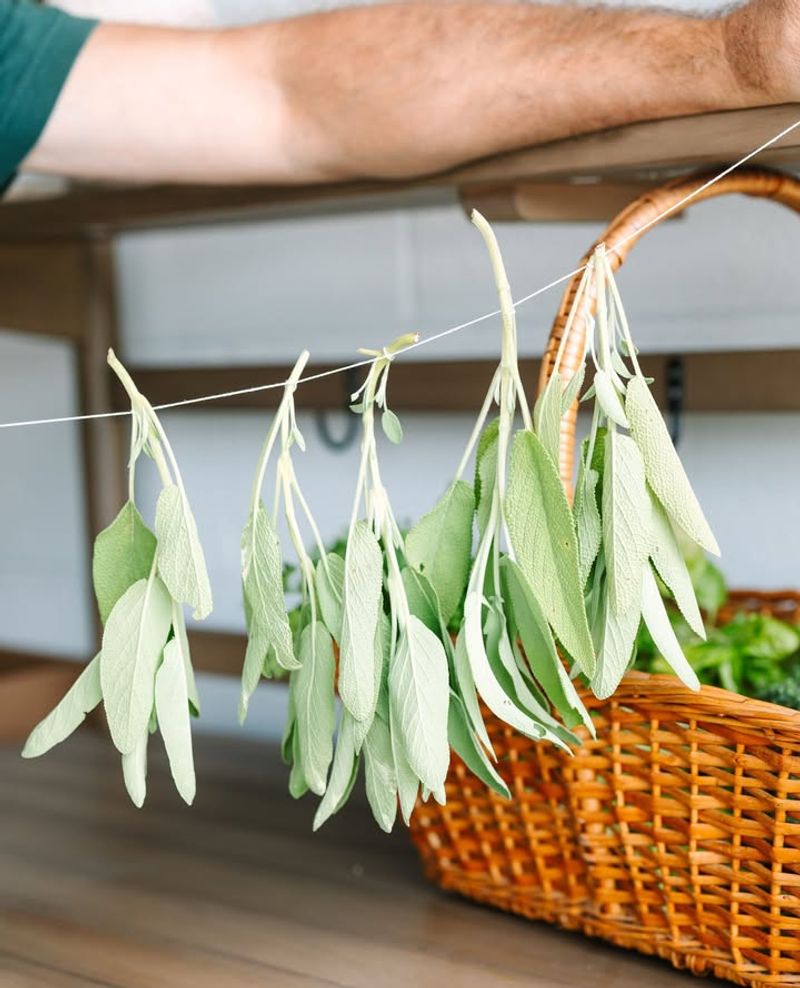
Hanging bundles of herbs upside down is one of the oldest tricks in the book. Tennessee’s late summer humidity can be tricky, but once fall arrives, the air gets crisp and perfect for this method.
Basil, oregano, thyme, and rosemary all dry beautifully when tied in small bunches and hung in a dark, airy spot. Once they crumble easily between your fingers, store them in glass jars away from light.
I’ve found that dried herbs from my own garden taste sharper and more aromatic than anything store-bought, especially when added to winter soups and stews.
2. Freezing Vegetables At Peak Ripeness
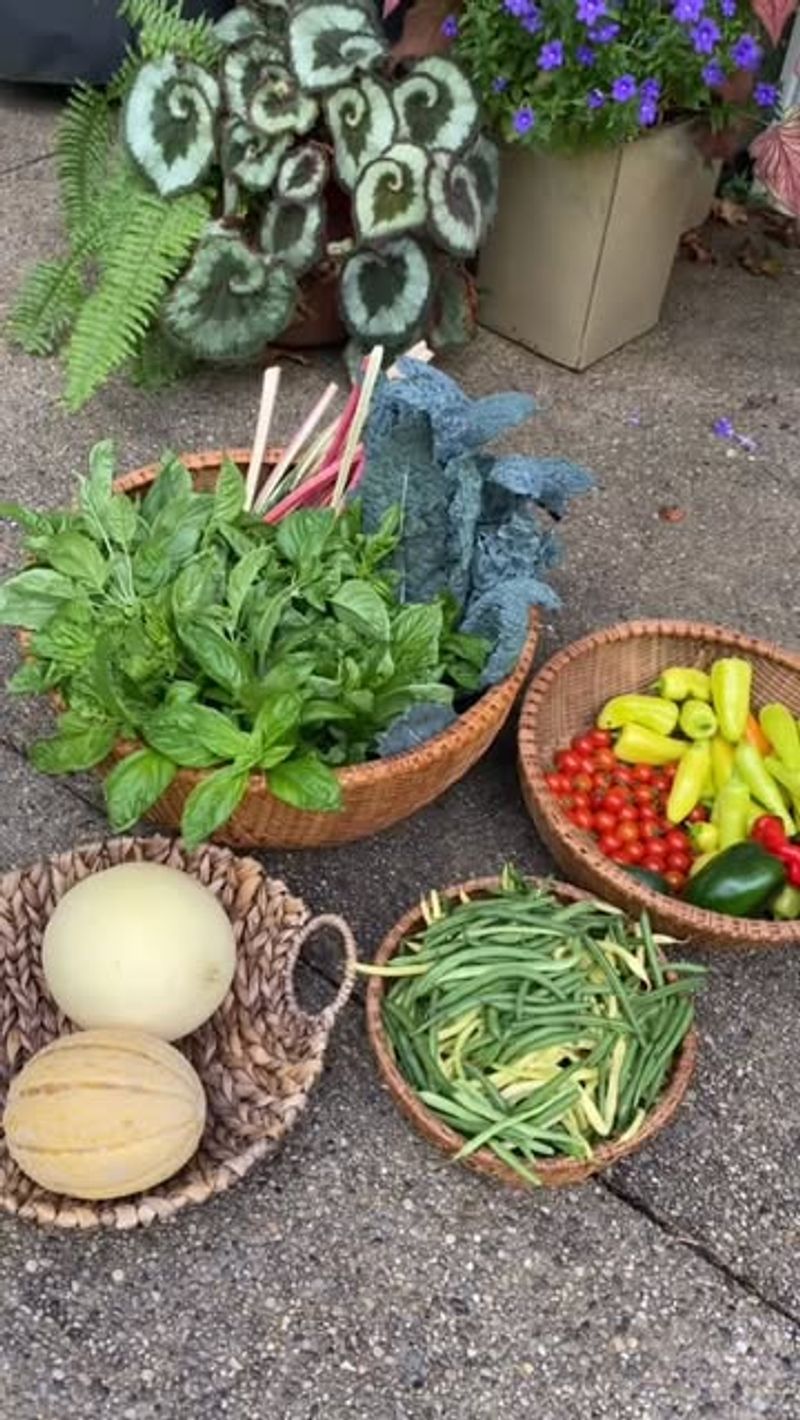
Blanching and freezing vegetables locks in flavor and nutrition better than almost any other method. When your tomato plants are still producing in October, freezing becomes a lifesaver.
Green beans, bell peppers, squash, and even cherry tomatoes freeze well after a quick blanch in boiling water. Pack them into labeled freezer bags, squeeze out the air, and stack them neatly.
Many Tennessee gardeners I know swear by this technique because it’s fast, foolproof, and keeps produce tasting garden-fresh through the coldest months of the year.
3. Fermenting For Flavor And Longevity
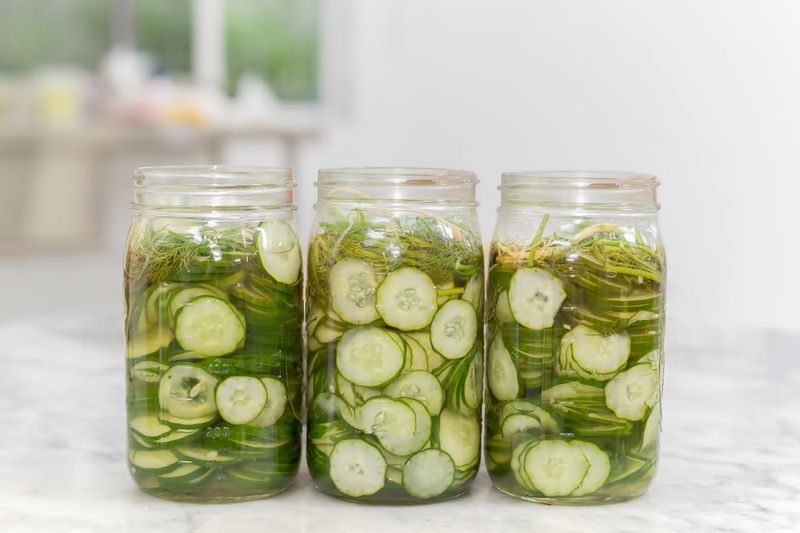
Fermentation transforms ordinary vegetables into tangy, probiotic-rich foods that last for months. Cabbage becomes sauerkraut, cucumbers turn into pickles, and hot peppers develop complex flavors that store-bought versions can’t match.
All you need is salt, water, and a little patience. Pack your veggies into jars, cover them with brine, and let beneficial bacteria do the work over a few weeks.
Tennessee’s moderate indoor temperatures during fall make fermentation easy to manage, and the results add a homemade touch to winter meals that feels both nourishing and nostalgic.
4. Root Cellaring For Long-Term Storage
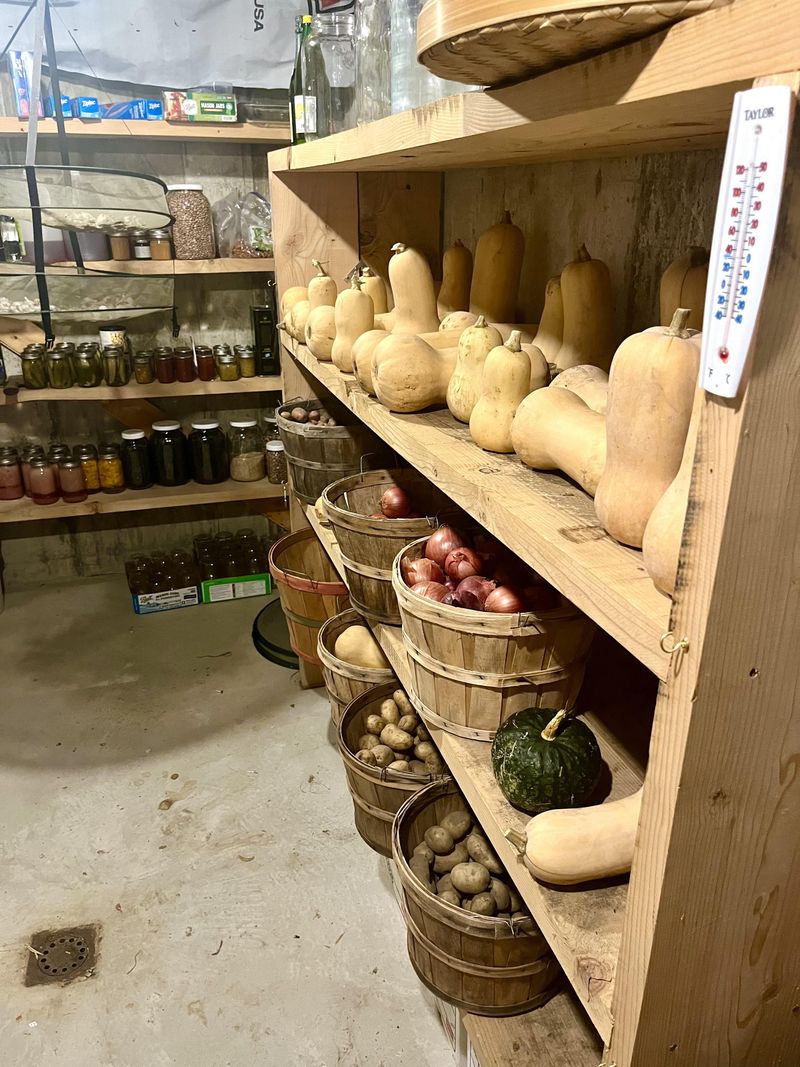
Certain crops don’t need fancy equipment to last through winter. Potatoes, carrots, beets, and winter squash thrive in cool, dark, and slightly humid conditions that mimic the earth they came from.
A basement corner, unheated closet, or even a buried cooler can serve as a makeshift root cellar. Just make sure the temperature stays between 32 and 40 degrees Fahrenheit.
I’ve stored butternut squash well into January this way, and every time I pull one out, it feels like rediscovering a hidden treasure from the garden’s better days.
5. Canning Tomatoes And Sauces
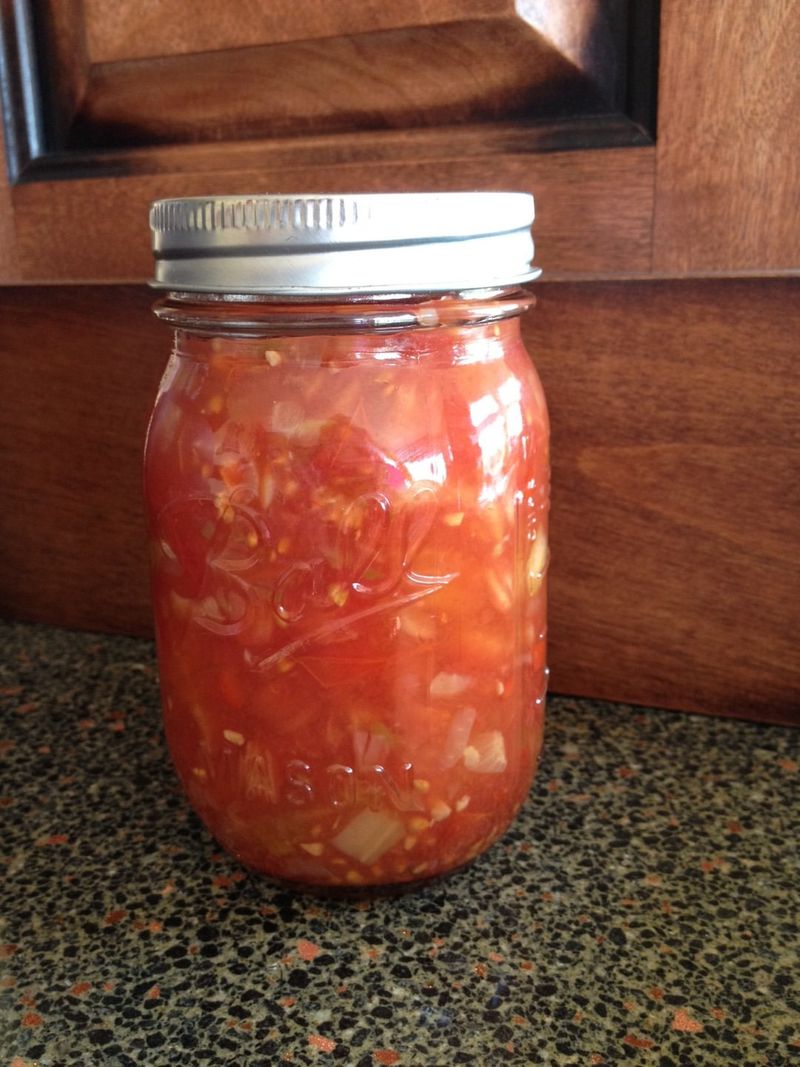
Water bath canning is a Tennessee tradition, especially when tomato season peaks in late summer. There’s something deeply satisfying about rows of sealed jars lining your pantry shelves, ready to brighten up winter dinners.
Tomatoes, salsa, pasta sauce, and even whole peeled tomatoes can be safely preserved this way. The process takes time, but the payoff is worth every minute spent sterilizing jars and simmering pots.
When February rolls around and fresh tomatoes cost a fortune, you’ll be glad you put in the effort back when your garden was overflowing with ripe, juicy fruit.
6. Dehydrating Peppers And Fruits
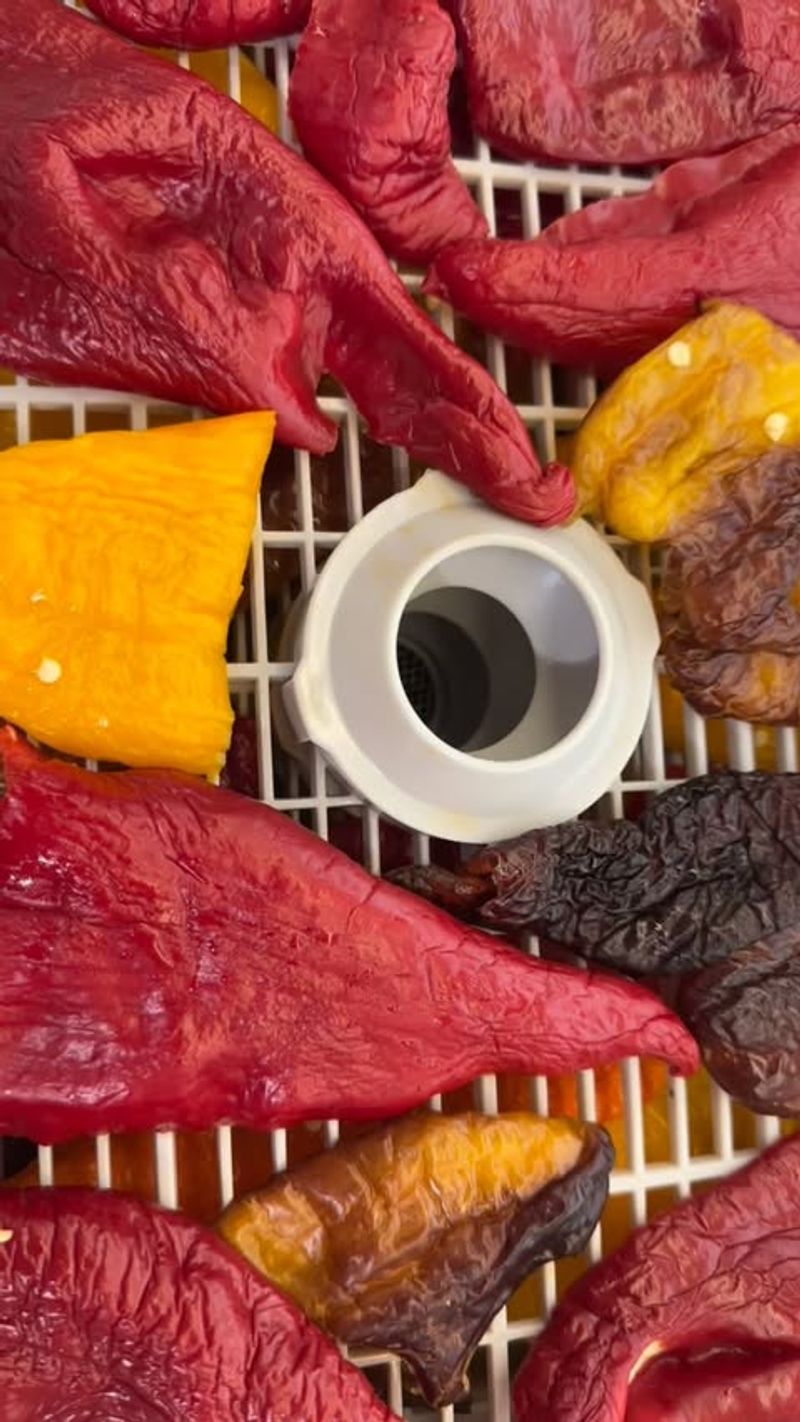
A food dehydrator turns excess produce into lightweight, shelf-stable snacks and seasonings. Hot peppers become crushed red pepper flakes, apples transform into chewy rings, and cherry tomatoes shrink into sweet, concentrated bites.
Tennessee gardeners love this method because it works fast and doesn’t require canning skills or freezer space. Just slice your produce thin, arrange it on trays, and let the machine do the work overnight.
I keep a jar of homemade dried herbs and pepper flakes by my stove, and every time I reach for it, I’m reminded of sunny afternoons spent tending the garden.
7. Making Herb-Infused Oils And Vinegars
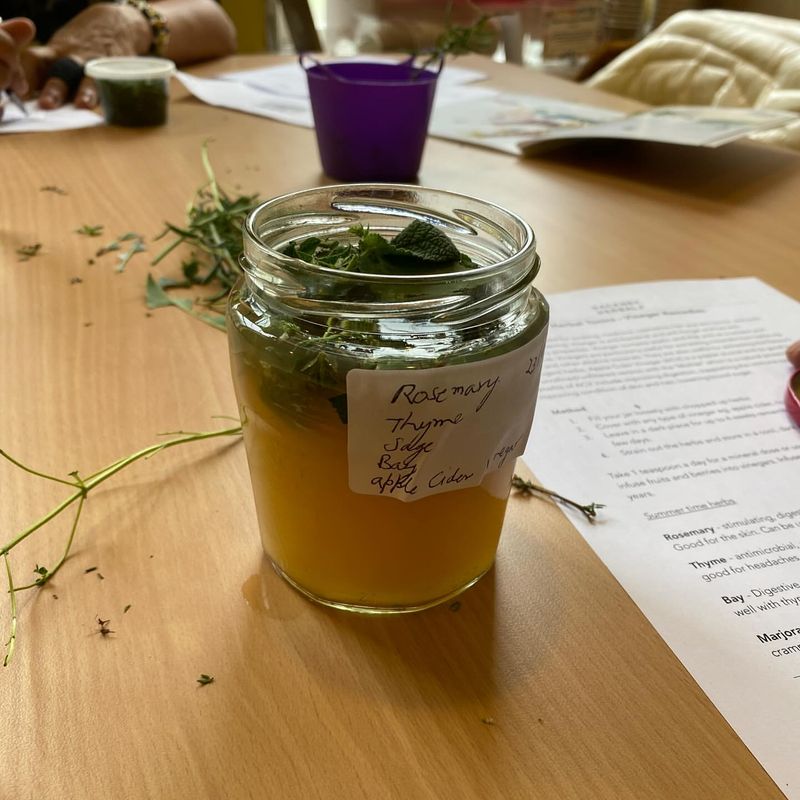
Preserving herbs in oil or vinegar captures their essence in a form that’s easy to use all winter. Rosemary, thyme, garlic, and hot peppers infuse beautifully into olive oil, while basil and dill pair perfectly with white vinegar.
Simply pack clean, dry herbs into sterilized bottles, cover them with your chosen liquid, and let them steep for a few weeks in a cool, dark spot.
These infusions make thoughtful gifts, too. I’ve given bottles to neighbors who garden, and they always say it reminds them of summer even when Tennessee winters feel long and gray.
8. Freezing Herbs In Ice Cube Trays
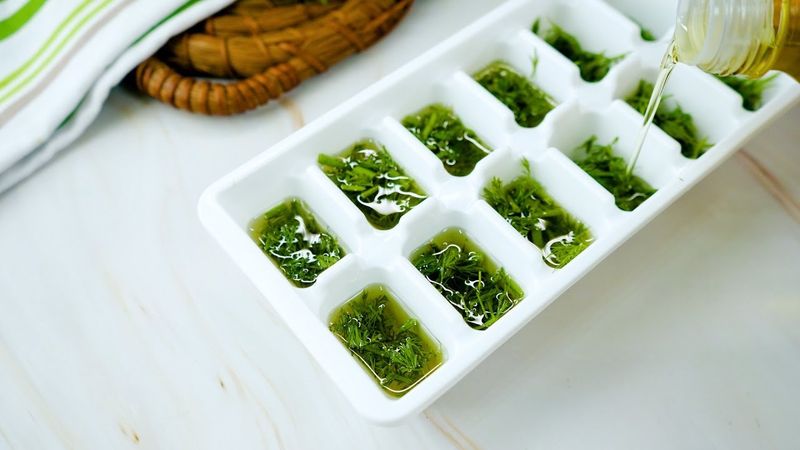
This simple trick keeps fresh herbs ready to toss into soups, stews, and sauces without any fuss. Chop your parsley, cilantro, basil, or chives, pack them into ice cube trays, cover with water or olive oil, and freeze solid.
Once frozen, pop the cubes into a freezer bag and label them. When you need fresh herb flavor mid-winter, just drop a cube straight into your cooking pot.
It’s one of those small preservation methods that makes a big difference, especially when you’re craving the bright, green taste of a Tennessee summer garden during the coldest days of January.

